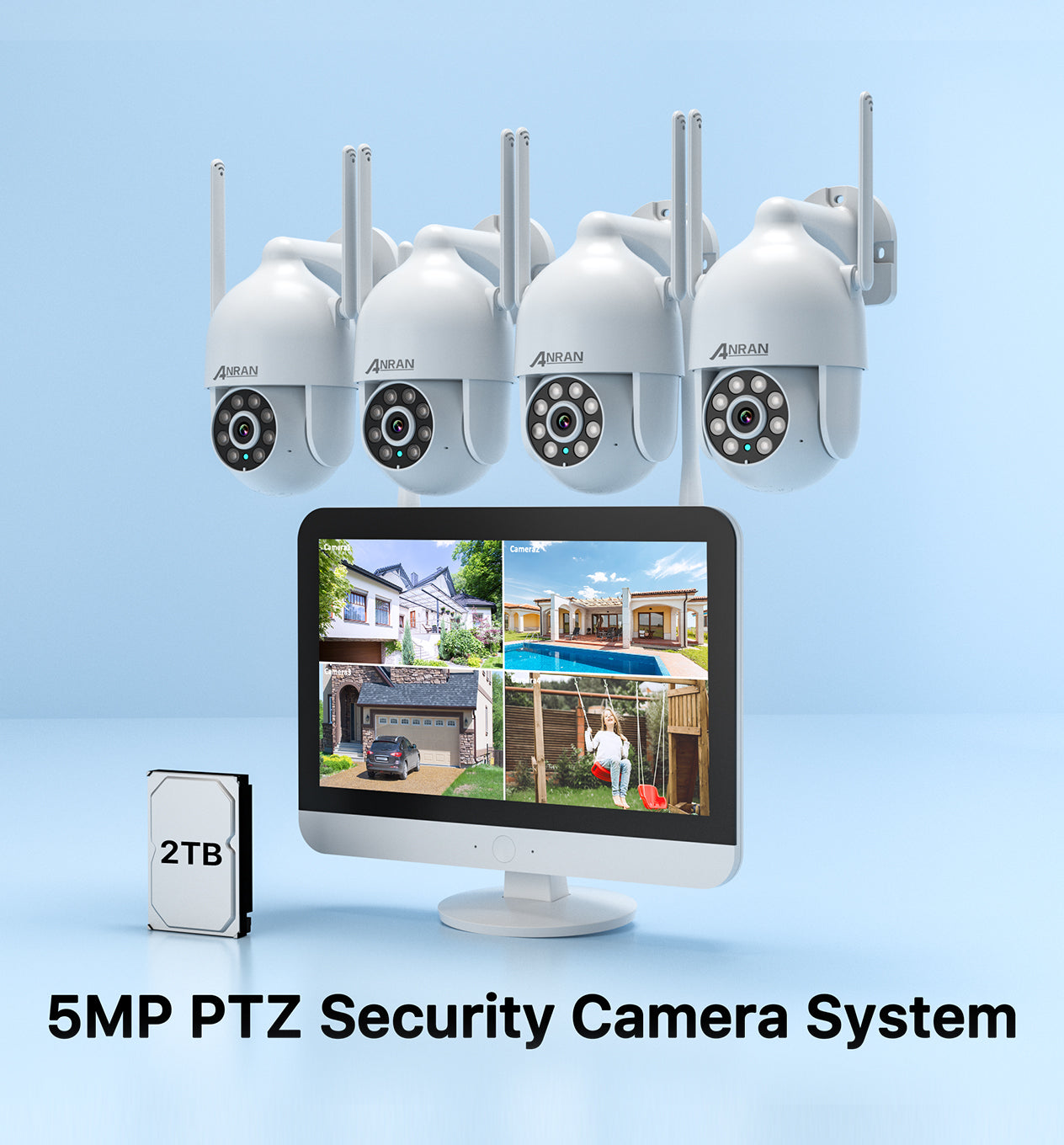Unlocking the Secrets of CCTV: Discover How Security Cameras Transform Safety!
CCTV security cameras have become a cornerstone of modern safety systems, playing a crucial role in protecting our homes, businesses, and public spaces. With the rise in security concerns, these cameras have gained widespread acceptance due to their effectiveness in monitoring and deterring criminal activities. From bustling urban centers to quiet suburban neighborhoods, CCTV systems are now a common sight, offering a sense of security to many. In this article, we will delve into the intricate workings of CCTV security cameras and explore the myriad benefits they provide, helping you understand why they are an essential investment for safety.

Understanding CCTV Security Cameras
CCTV, or Closed-Circuit Television, refers to a system that uses video cameras to transmit a signal to a specific place, usually for surveillance and monitoring purposes. A typical CCTV system consists of several key components: the camera itself, the lens, and the recording device. The camera captures images, while the lens helps to focus those images for better clarity. Depending on the type of CCTV camera you choose, there are various technologies involved in image capture and video recording. For instance, analog cameras have been around for decades, utilizing traditional coaxial cables for transmission. In contrast, IP cameras, or Internet Protocol cameras, use digital signals and can transmit data over a network, allowing for higher resolution images and remote accessibility. Wireless cameras eliminate the need for physical cabling, offering flexibility in installation and positioning. Each type of camera has its peculiarities, but they all serve the same fundamental purpose: to provide surveillance and enhance security.
How CCTV Cameras Work
The operational process of CCTV cameras is fascinating and involves several steps. First, the camera captures video footage in real-time, converting light into electrical signals through sensors. This footage is then transmitted to a recording device, which can either be a local storage option, like a Digital Video Recorder (DVR), or a cloud-based solution, where data is stored off-site for enhanced security and accessibility. Many modern systems also offer real-time monitoring capabilities, allowing users to watch live feeds from their cameras on smartphones or computer screens. The software accompanying these systems plays a crucial role in managing the footage, providing features like motion detection, playback options, and alerts. Personal experiences shared by friends emphasize how the ability to monitor their property remotely has provided immense peace of mind, especially while traveling or during long work hours.
Benefits of CCTV Security Cameras
The advantages of installing CCTV security cameras extend far beyond mere surveillance. One of the most significant benefits is crime deterrence; the presence of cameras can discourage potential criminals from targeting a property. Studies have shown that properties equipped with visible CCTV systems experience lower crime rates. Additionally, CCTV cameras enhance safety by allowing for swift responses to incidents, as they provide real-time visual evidence. This is invaluable for both residential and commercial properties, as it aids in collecting evidence for law enforcement if a crime occurs. The ability to review recorded footage can also help resolve disputes or monitor employee behavior in a workplace setting. Friends of mine who own businesses have recounted how CCTV systems have not only helped in preventing theft but also in ensuring employee accountability and safety.
Considerations When Choosing CCTV Systems
When selecting a CCTV system, it's essential to consider several factors to ensure you find the right fit for your security needs. First, evaluate the resolution of the cameras; higher resolution typically means clearer images, which can be critical for identifying faces or license plates. The field of view is another important aspect; a wider field of view can cover more area, reducing the number of cameras needed. Night vision capabilities are crucial if monitoring in low-light conditions is necessary. Lastly, consider the installation options—some systems are simpler to install than others, and it's vital to assess whether professional installation is needed. Tailoring your choice to your specific requirements will ensure you achieve the best possible security outcome.
Summary of CCTV Security Camera Benefits
In conclusion, understanding how CCTV security cameras work and recognizing their benefits is paramount for anyone considering enhancing their safety and security. These systems not only deter crime but also provide essential evidence and peace of mind to homeowners and business owners alike. As we have discussed, investing in a CCTV system is a proactive step towards safeguarding your property and loved ones. Take the time to assess your security needs and explore the various options available, as the right CCTV system can make a significant difference in your overall safety.








